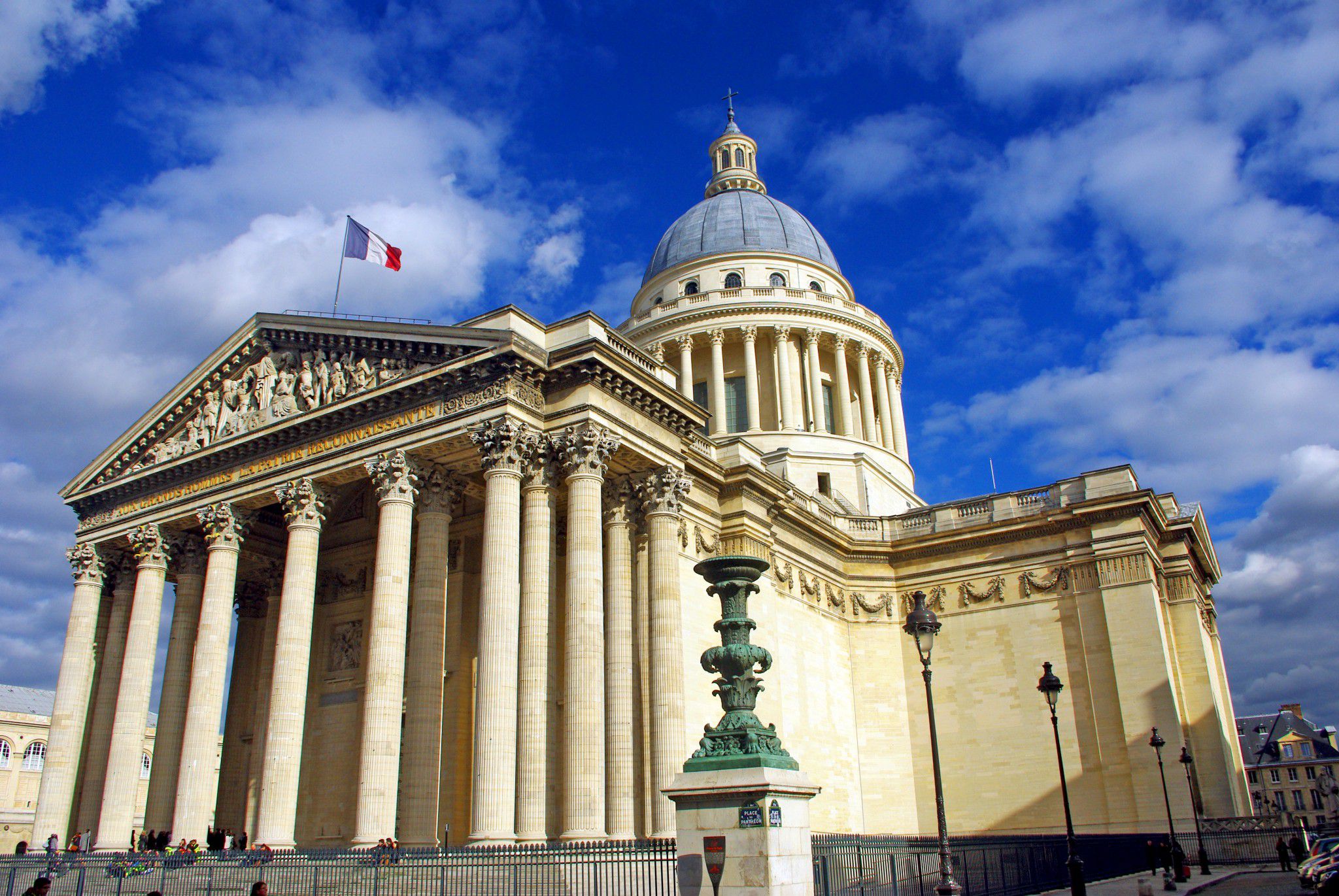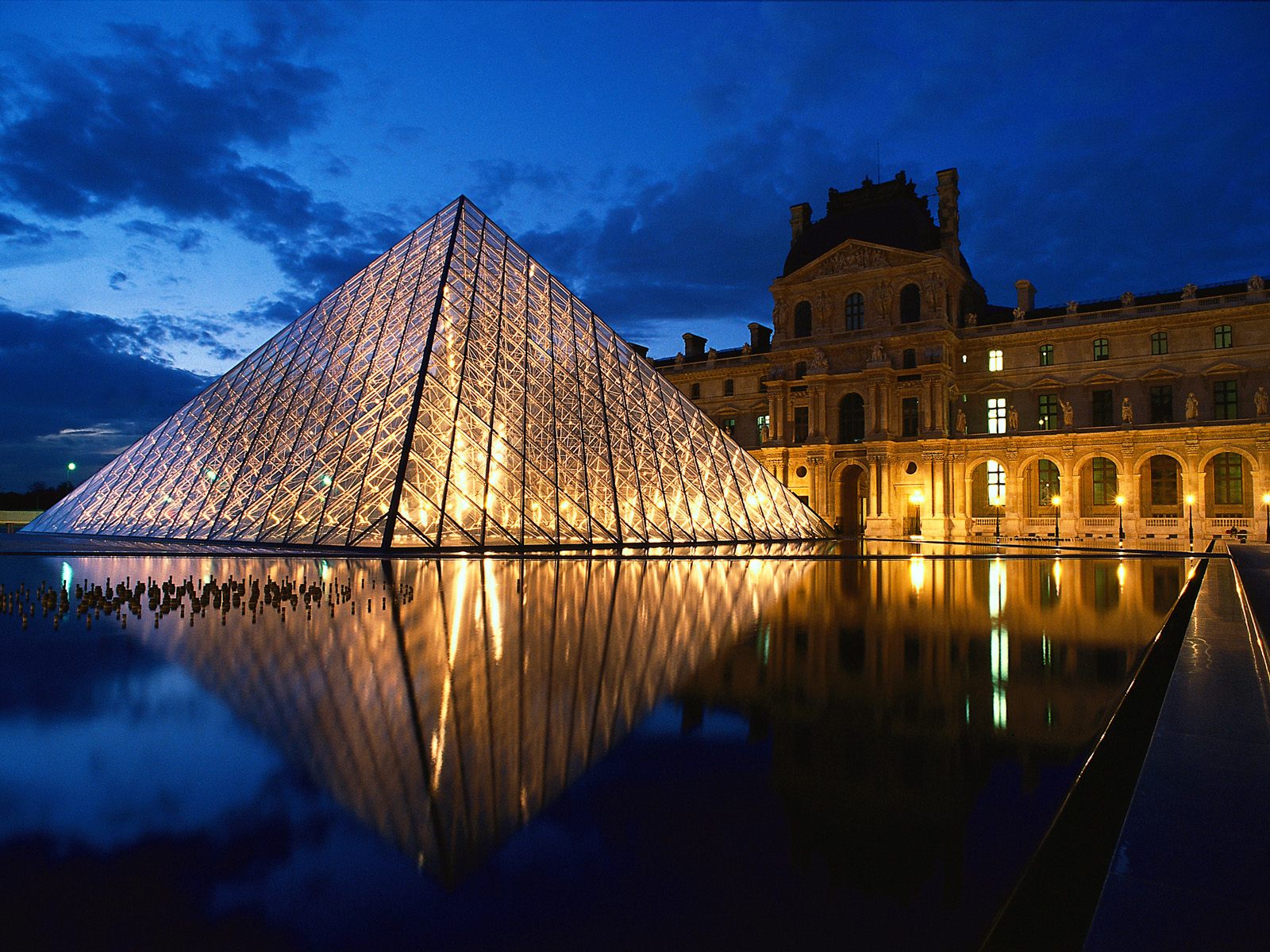France-Iran Trade: Unpacking Geopolitics & Economic Shifts
Table of Contents
- Historical Context of France-Iran Trade
- The Shifting Landscape of Recent Trade Data
- Geopolitical Currents and Trade Relations
- The JCPOA and its Impact on Trade
- France's Stance: Diplomacy Amidst Sanctions
- Regional Dynamics and Global Implications
- Future Prospects and Challenges for France-Iran Trade
- Navigating the Path Forward: A Call for Responsible Engagement
Historical Context of France-Iran Trade
The commercial ties between France and Iran are not a recent phenomenon; they stretch back centuries. Historically, numerous trade contacts continued to occur between Persia (modern Iran) and France, laying down a foundation of cultural and economic exchange that predates modern nation-states. These early interactions were often driven by the pursuit of exotic goods, strategic alliances, and the expansion of influence along ancient trade routes. For centuries, French merchants and diplomats engaged with Persian counterparts, fostering a relationship that, while not always smooth, was consistently present on the global stage. This long history has imbued the current relationship with a certain depth, even as contemporary political realities often overshadow it. The legacy of these historical connections means that despite periods of intense friction, there remains a baseline understanding and a potential for renewed engagement, rooted in shared past experiences. This historical backdrop is crucial for appreciating the dramatic shifts observed in recent France-Iran trade figures, as it highlights how deeply intertwined economic and political fates can become.The Shifting Landscape of Recent Trade Data
The recent data on France-Iran trade paints a stark picture of contraction, largely driven by geopolitical factors. While historical ties suggest a potential for robust exchange, the reality of the past few years has been one of significant decline. This downturn is not merely an economic blip but a reflection of profound international pressures and policy decisions.Iran's Exports to France: A Closer Look
The figures for Iran's exports to France demonstrate a dramatic decline. In 2022, Iran exported a mere $18.1 million to France. This is a staggering drop when compared to previous years. Over the past 5 years, the exports of Iran to France have decreased at an annualized rate of 63%, plummeting from $2.62 billion in 2017 to the aforementioned $18.1 million in 2022. This precipitous fall underscores the severe impact of sanctions and diplomatic isolation on Iran's ability to engage with major European economies. Despite this overall decline, it's interesting to note the specific products that still manage to find their way from Iran to France. The main products that Iran exported to France in 2022 were spices ($3.88 million), other nuts ($2.28 million), and grapes ($2.06 million). This indicates a shift towards niche agricultural products, which might be less susceptible to the broader economic sanctions or represent essential goods that maintain some level of demand regardless of political tensions. The continued trade in these specific items highlights the resilience of certain sectors, even under immense pressure.France's Exports to Iran: The Other Side of the Coin
While Iran's exports to France have dwindled significantly, France's exports to Iran, though also impacted, show a different scale. According to the United Nations Comtrade database on international trade, France's exports to Iran were US$290.49 million during 2023. While this figure is considerably higher than Iran's exports to France in the same period, it still represents a constrained level of trade compared to what might be possible under more favorable political conditions. This imbalance and overall reduction in bilateral trade signify a broader trend of disengagement. The reasons for this are multifaceted, stemming from a complex interplay of international sanctions, political disputes, and the cautious approach adopted by European nations, including France, in their dealings with Iran. The trade data, therefore, serves as a clear barometer of the underlying diplomatic climate.Geopolitical Currents and Trade Relations
The relationship between France and Iran is inextricably linked to geopolitical developments. Breaking news and the latest updates on international relations between France and Iran, including news on trade, treaties, disputes, and more, constantly shape the economic landscape. France, as a key player in the European Union and a permanent member of the UN Security Council, holds significant diplomatic weight. Its foreign policy towards Iran is often a delicate balance between encouraging responsible behavior and upholding international norms, particularly concerning nuclear proliferation and regional stability. With this in mind, France encourages Iran to behave in a responsible and appropriate manner in dealing with the international and regional issues at stake. This diplomatic stance often translates into economic pressure. For instance, despite the negative impact on its own economy, France was determined to exclude Iran from world trade and was considered one of the most uncompromising states toward Iran in the European Union. This determination reflects France's commitment to non-proliferation and its alignment with international efforts to curb Iran's nuclear program and influence in the Middle East. High-level diplomatic engagements, such as those involving Laurent Fabius, Minister of Foreign Affairs, and Mathias Fekl, Minister of State for Foreign Trade, alongside Stéphane Le Foll, Minister of Agriculture, underscore the multifaceted approach France takes, blending diplomacy, trade considerations, and agricultural interests.The JCPOA and its Impact on Trade
A pivotal moment in the recent history of France-Iran trade was the signing of the Joint Comprehensive Plan of Action (JCPOA) in 2015. This landmark agreement, signed by the P5+1 countries (China, France, Germany, Russia, the United Kingdom, and the United States) and Iran, allowed Iran to regain access to international markets. For a brief period, the JCPOA offered a glimmer of hope for increased trade and investment, as sanctions were lifted in exchange for Iran limiting its uranium enrichment and allowing international inspectors access to its nuclear sites. The agreement led to a temporary surge in interest from European companies, including French ones, eager to re-enter the Iranian market. However, the subsequent withdrawal of the United States from the JCPOA under President Donald Trump and the re-imposition of sanctions severely curtailed this potential. The foreign ministers of Britain, France, and Germany, along with the European Union’s top diplomat, held numerous talks, including three hours of discussions in Geneva with Iran’s foreign minister, emphasizing the need to preserve the deal. Despite these efforts, the re-imposition of U.S. sanctions created significant legal and financial risks for European companies, effectively stifling the revival of trade that the JCPOA had initially promised. This illustrates the fragility of trade relations when subject to the vicissitudes of international politics and the dominance of the U.S. financial system.France's Stance: Diplomacy Amidst Sanctions
France has consistently played a prominent role in diplomatic efforts concerning Iran, often attempting to bridge gaps and de-escalate tensions, even while maintaining a firm stance on nuclear non-proliferation and regional stability. French President Emmanuel Macron has been particularly active in this regard. For instance, French President Emmanuel Macron on Friday said France and other European nations would make a diplomatic and technical offer to Iran in order to end the conflict with Israel. This proactive approach highlights France's commitment to finding diplomatic solutions to complex regional issues that directly impact global stability and, by extension, trade routes and economic confidence. This diplomatic push often occurs against a backdrop of heightened tensions, such as when President Donald Trump said he would allow two weeks for diplomacy to proceed before deciding whether to launch a strike in Iran, or during periods when Israel and Iran trade blows, as Netanyahu says campaign 'changing face of Middle East'. In such volatile environments, France's role becomes even more critical. Paris is planning to put forward a proposal with its European partners to resolve the conflict between Israel and Iran amid fears of a regional escalation. Catherine Norris Trent, France 24 International Affairs Editor, provides insights into these delicate situations, underscoring the high stakes involved. France's efforts to mediate and de-escalate, even if not always successful, are a testament to its belief in diplomatic solutions over military confrontation, a stance that inherently seeks to create a more stable environment for international trade.Regional Dynamics and Global Implications
The broader regional dynamics in the Middle East significantly impact the prospects for France-Iran trade. The ongoing tensions, particularly those involving Israel and the broader Gulf region, create an unpredictable environment that deters long-term economic commitments. The recent exchanges of blows between Israel and Iran, for example, underscore the fragility of regional peace and its immediate repercussions on global markets and trade routes.The Strait of Hormuz and Red Sea: Critical Chokepoints
Any escalation in regional conflicts, especially disruptions at the Strait of Hormuz and Red Sea, could impact freight rates, oil prices, and India’s export, as Commerce Secretary Sunil Barthwal noted. These maritime chokepoints are vital arteries for global trade, particularly for oil and gas shipments. Instability in these areas not only affects the direct trade between France and Iran but also has cascading effects on global supply chains, increasing costs and risks for all international commerce. The potential for such disruptions adds a layer of complexity and risk to any business considering engagement with Iran.Broader European and International Engagement
France's position is often aligned with its European partners, seeking a collective approach to Iran. The IAEA Board of Governors resolution on Iran (e.g., Iran/United Arab Emirates, 17 Mar, 2024) and joint statements like the Quad joint statement (23 Nov) illustrate the multilateral nature of diplomatic efforts. These collective actions, while aimed at addressing nuclear concerns and regional stability, invariably influence the economic leverage and opportunities available for individual nations like France. The consistent emphasis on international cooperation, as seen in the 2015 deal where Iran agreed to limit its uranium enrichment and allow international inspectors access to its nuclear sites under a deal with the U.S., France, China, Russia, Britain, and Germany, highlights the shared commitment to non-proliferation that often takes precedence over purely economic considerations. Even seemingly unrelated events, such as President Donald Trump and other heads of state gathering in Canada for the annual G7 summit just days after Israel’s unprecedented strike on Iran, become part of the broader narrative that shapes international perceptions and commercial decisions. Ordinarily, such a development would imply significant geopolitical shifts, impacting everything from diplomatic alignments to trade policies.Future Prospects and Challenges for France-Iran Trade
The future of France-Iran trade remains highly uncertain, tethered to the volatile currents of international diplomacy and regional stability. The drastic reduction in trade volume over the past five years underscores the immense challenges. For any significant resurgence, several fundamental shifts would be required. Firstly, a renewed and stable nuclear agreement, akin to or stronger than the original JCPOA, would be crucial. Such an agreement would need to provide sufficient assurances to the international community regarding Iran's nuclear program, thereby paving the way for the lifting of broad international sanctions, particularly those from the United States, which have a far-reaching extraterritorial impact. Without this, European companies, including French ones, will continue to face prohibitive risks when attempting to engage with the Iranian market. The memory of the post-JCPOA re-engagement and subsequent rapid withdrawal serves as a cautionary tale for businesses. Secondly, a de-escalation of regional tensions is paramount. The ongoing conflicts and proxy wars in the Middle East, coupled with the instability in critical maritime routes like the Strait of Hormuz and the Red Sea, create an environment of high risk for trade and investment. French companies, like others, prioritize stability and predictability for their operations. Until there is a tangible reduction in geopolitical friction, the appetite for significant long-term investments in Iran will remain low. France's continued diplomatic efforts to mediate conflicts, such as the Israel-Iran conflict, are indicative of its understanding that regional stability is a prerequisite for any meaningful economic engagement. Thirdly, internal economic reforms within Iran that foster greater transparency, predictability, and ease of doing business would also contribute to attracting foreign investment. While external factors are dominant, domestic policies also play a role in creating an attractive environment for international trade. Finally, the political will on both sides, and among key international actors, to prioritize economic normalization over political confrontation will be essential. France has consistently advocated for diplomatic solutions and responsible behavior from Iran, signaling its readiness for engagement under the right conditions. However, the path forward is fraught with complexities, requiring sustained diplomatic efforts, mutual trust-building, and a willingness to compromise from all parties involved. The current trade figures reflect a relationship held hostage by geopolitical realities, and unlocking its potential will require a fundamental shift in these underlying dynamics.Navigating the Path Forward: A Call for Responsible Engagement
The narrative of France-Iran trade is a microcosm of broader global challenges: how to balance national interests with international security, and how to foster economic ties amidst profound political disagreements. The drastic reduction in trade volume from billions to mere millions over just five years is a stark reminder of how quickly geopolitical storms can dismantle economic bridges built over centuries. For the relationship to move forward, France's consistent encouragement for Iran to behave in a responsible and appropriate manner in dealing with international and regional issues is a foundational principle. This call for responsible engagement extends beyond nuclear issues to regional stability, human rights, and adherence to international norms. While France has shown a willingness to engage diplomatically, as evidenced by President Macron's offers for de-escalation, the effectiveness of such overtures depends heavily on reciprocal actions and a genuine commitment to de-escalation from all parties involved. The future of France-Iran trade, therefore, hinges not just on economic opportunities but on a fundamental shift in the geopolitical climate. It requires sustained diplomatic efforts, a renewed commitment to international agreements, and a shared understanding that economic prosperity is deeply intertwined with regional peace and global stability. As readers, understanding these dynamics is crucial for comprehending the broader landscape of international relations. What are your thoughts on the future of France-Iran trade given these complex dynamics? Share your insights in the comments below, or explore other articles on our site for more in-depth analysis of global trade and international relations.- Alaina Eminem Daughter
- Does Axl Rose Have A Child
- Tyreek Hill Height And Weight
- Shagle
- Prince William Reportedly Holds A Grudge Against Prince Andrew

Top 10 Most Famous Monuments of Paris - French Moments

France France France France | Encyclopedia of World Photo

Moving to France guide